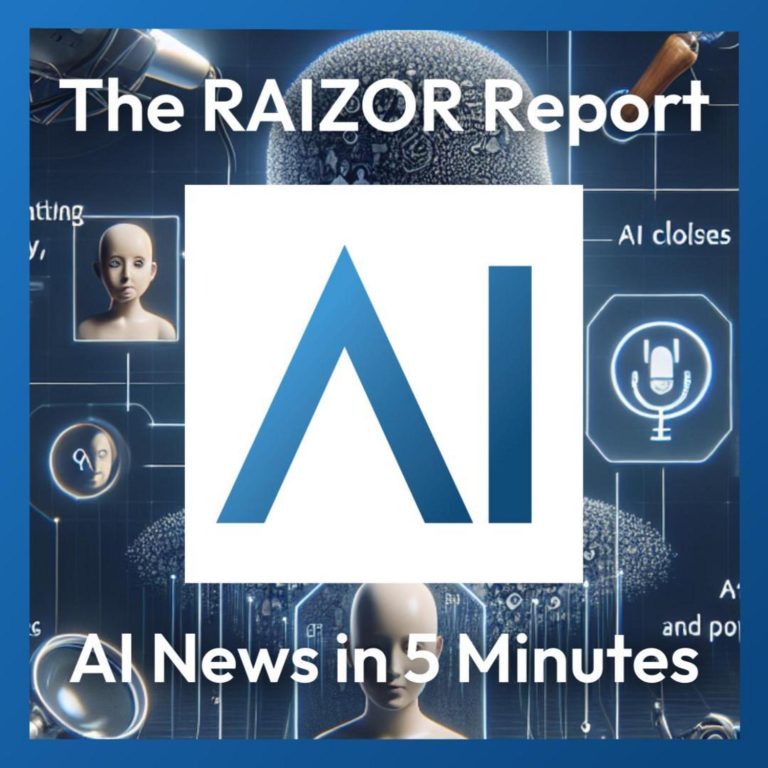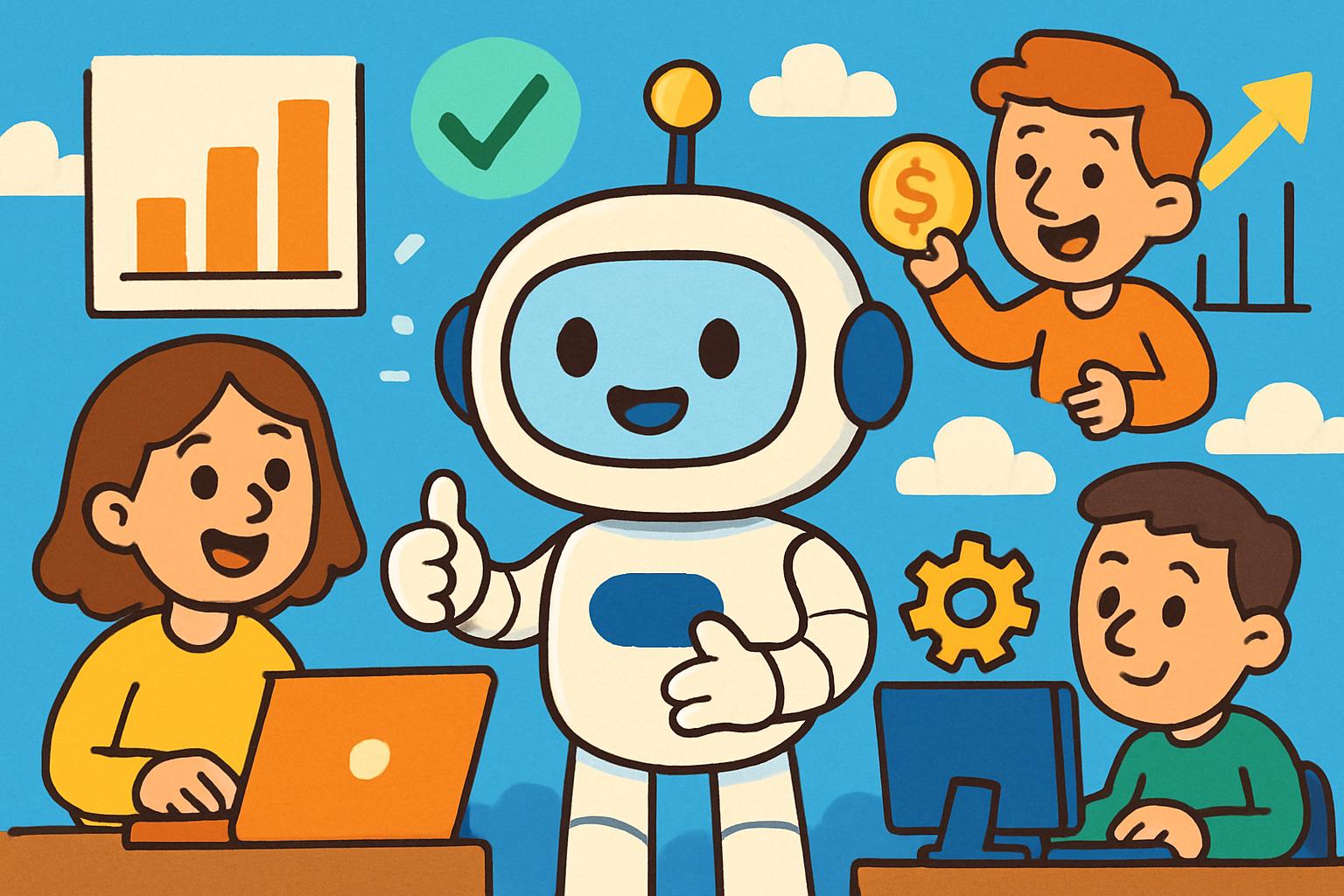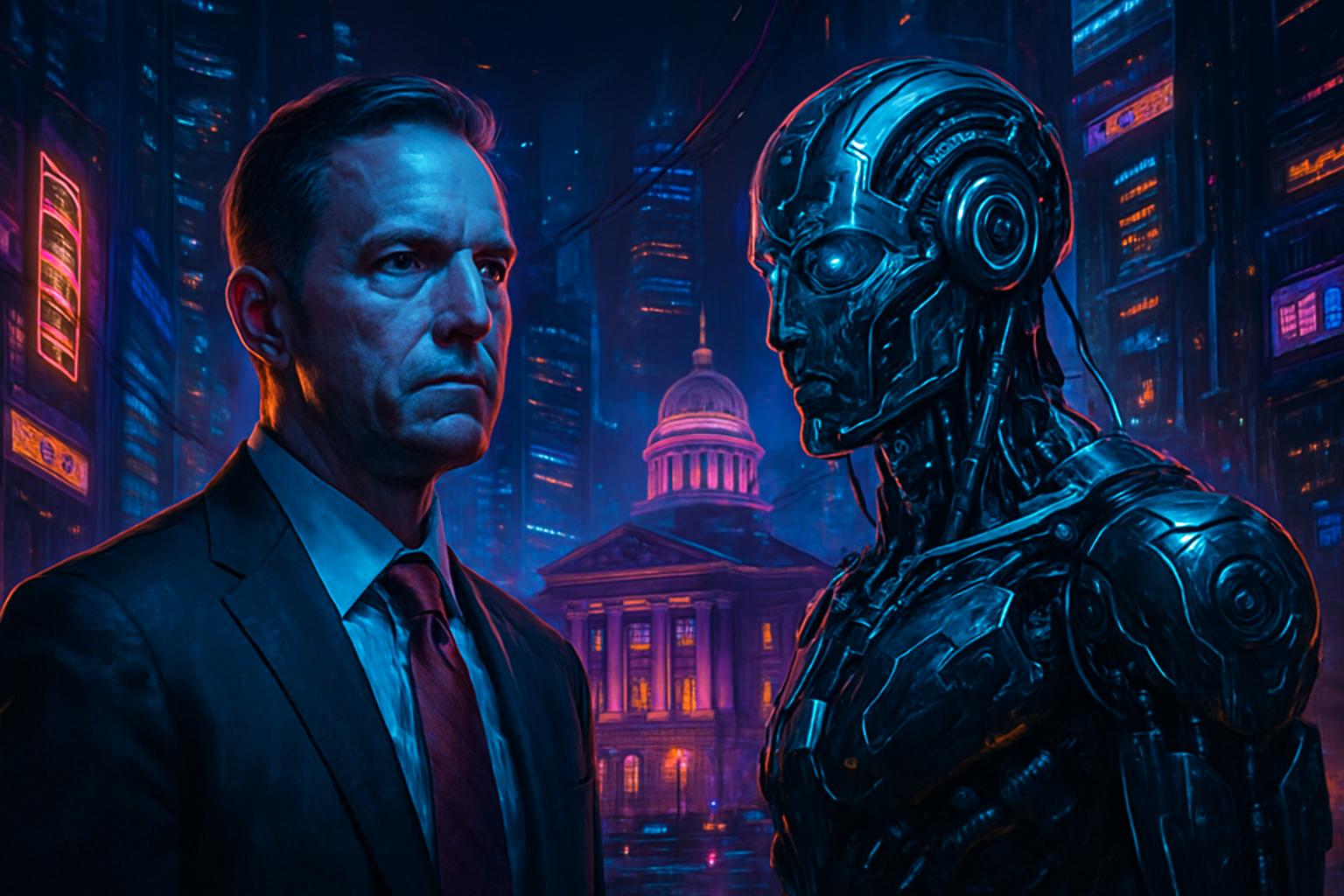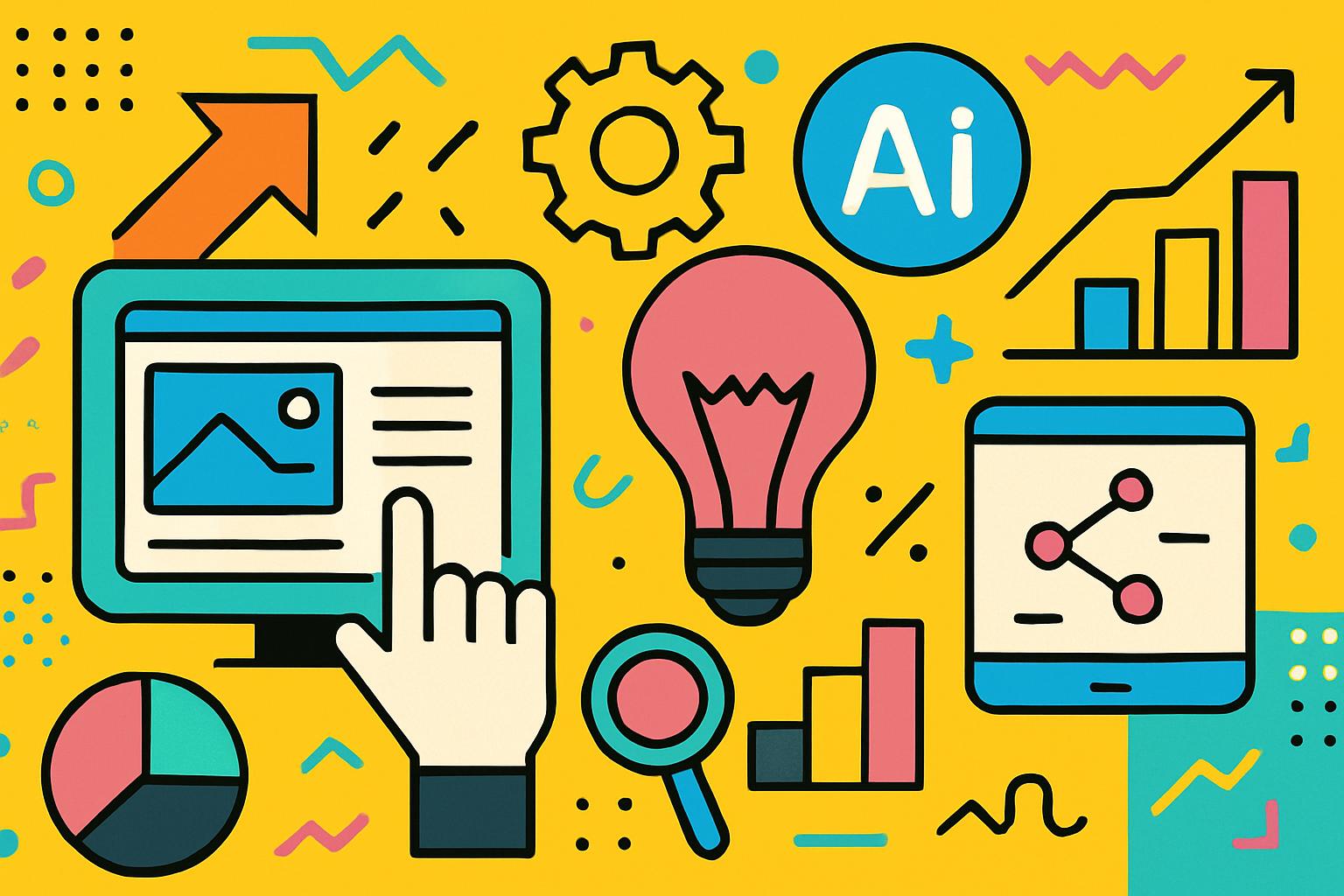
|
On the run? Each weekday we offer a short, under 5 minute mini-podcast. You can listen and subscribe with your favorite app HERE. |
Most People Can’t Tell When a Voice Is AI Anymore
- A study has found that people often fail to distinguish AI-generated voice clones from human voices, with accuracy rates for AI voices nearly matching human ones.
- Realistic AI-generated voices are becoming more accessible through off-the-shelf tools, raising issues of consent, security risks, and misuse.
- The problem has sparked concern regarding scams and deepfake applications, particularly targeting vulnerable demographics like older adults.
- This development highlights the growing need for ethical safeguards and measures in industries that rely on voice technology in customer interactions or content creation.
Thinking Machines Lab Co-Founder Joins Meta
- Andrew Tulloch, co-founder of Thinking Machines Lab and former OpenAI chief technology officer, has returned to Meta, where he previously worked for over a decade.
- During his time at Thinking Machines Lab, he helped raise significant funding and built a reputable AI team, turning down a notable acquisition offer before his return to Meta.
- Meta is incorporating Tulloch’s expertise as it restructures its AI initiatives and makes substantial investments in advanced infrastructure.
- This signals how top talent is shaping AI roadmaps for businesses, particularly in competitive innovation ecosystems where companies aim to redefine product offerings with AI.
OpenAI’s GPT-5 Reduces Political Bias by 30 Percent
- OpenAI has introduced GPT-5, which demonstrates a 30-percent reduction in political bias compared to earlier versions, addressing concerns about fair and balanced AI outputs.
- The model was tested using an extensive dataset of political prompts assessed across multiple bias criteria, though some subtle preferences were still observed.
- With less than one in ten thousand interactions showing political bias, GPT-5 offers a step toward more neutral AI in emotionally charged topics.
- Such advancements can improve AI’s reliability for applications like customer-facing roles, educational content, and professional decision-making tools requiring objective insights.
Why AI Teams Are Switching from Hyperscalers to Nebius
- Nebius is attracting AI teams with its specialized infrastructure designed specifically for machine learning and high-performance workloads.
- The platform offers developer-oriented features that simplify processes compared to traditional cloud providers, which often modify general-purpose tools for AI applications.
- Its focus on providing solutions for efficient AI development challenges the dominance of hyperscalers in the cloud computing market.
- This trend shows how tailored platforms can enable businesses to adopt AI faster, optimize workflows, and reduce operational barriers in innovation-driven fields.
xAI’s World Models for Video Game Generation
- Elon Musk’s xAI is expanding into video game creation by developing world models with NVIDIA experts that can produce interactive 3D environments.
- The company aims to launch an AI-generated video game within the next year, unlocking new capabilities for generative AI in creative industries.
- These efforts are being supported by significant recruitment initiatives to enhance their AI tools like Grok, which Musk envisions as key for game design.
- Introducing such systems could revolutionize game development workflows and offer opportunities for businesses exploring AI-assisted creativity at scale.
What the 4 Percent of AI-Successful Companies Do Differently
- Atlassian’s AI Collaboration Index highlights that the most productive teams implement integrated AI systems rather than using fragmented applications.
- Successful companies emphasize cross-department collaboration with AI to enhance efficiency and manage growing complexity in modern workflows.
- Although AI adoption is increasing overall, this contrasts with many organizations still relying on isolated tools and siloed teams.
- These findings spotlight how comprehensive AI strategies play a pivotal role in boosting productivity and fostering innovation organization-wide.
OpenAI No Longer Needs to Store User Data, Rules Court
- A court has determined that OpenAI is no longer required to indefinitely store ChatGPT user data, except for maintaining specific records as part of a copyright case.
- The legal ruling streamlines data management processes while ensuring compliance with ongoing legal requirements related to intellectual property issues.
- This decision may influence similar debates regarding user data practices in emerging AI systems and tech platforms worldwide.
- This shift underscores the balance businesses must strike in managing data use, privacy concerns, and operational efficiency within legal frameworks.
AI Tools
🖌️ Mockin: An AI toolkit that helps UX/UI & Product Designers get clarity, feedback, and interview confidence.
📊 WorkPPT: Make AI presentations in seconds.
🎥 Ovi: AI video generator with physics-accurate motion, synchronized audio, and realistic effects.
📈 Poppy AI: A Visual AI tool helps content creators, founders, and marketers make viral content & ads with AI.
🖼️ Bing image creator: Turn your words into stunning visuals and engaging videos in seconds — and for free.
🎬 Sora 2: OpenAI’s state-of-the-art video model, now available via API.
💻 Claude Code: Anthropic’s AI coding assistant.
🤖 Gemini Enterprise: Platform to discover, create, share, and run AI agents.
🛠️ Apps SDK: Build and chat with apps directly in ChatGPT.
🔒 Sprinto: The Compliance OS for modern GRC leaders, automating audits, evidence, and frameworks to keep compliance always-on.
🎤 Scrybe Voice: Talk to an AI for 5 minutes about a topic and get viral social media posts instantly.
📚 Scroll: Create and share AI subject matter experts in minutes.
🎥 Tight Studio: Record your screen and produce a professional demo without complex editing.
🧑💼 Super Intern: An AI intern to remind, answer, create, and take action seamlessly in context.







